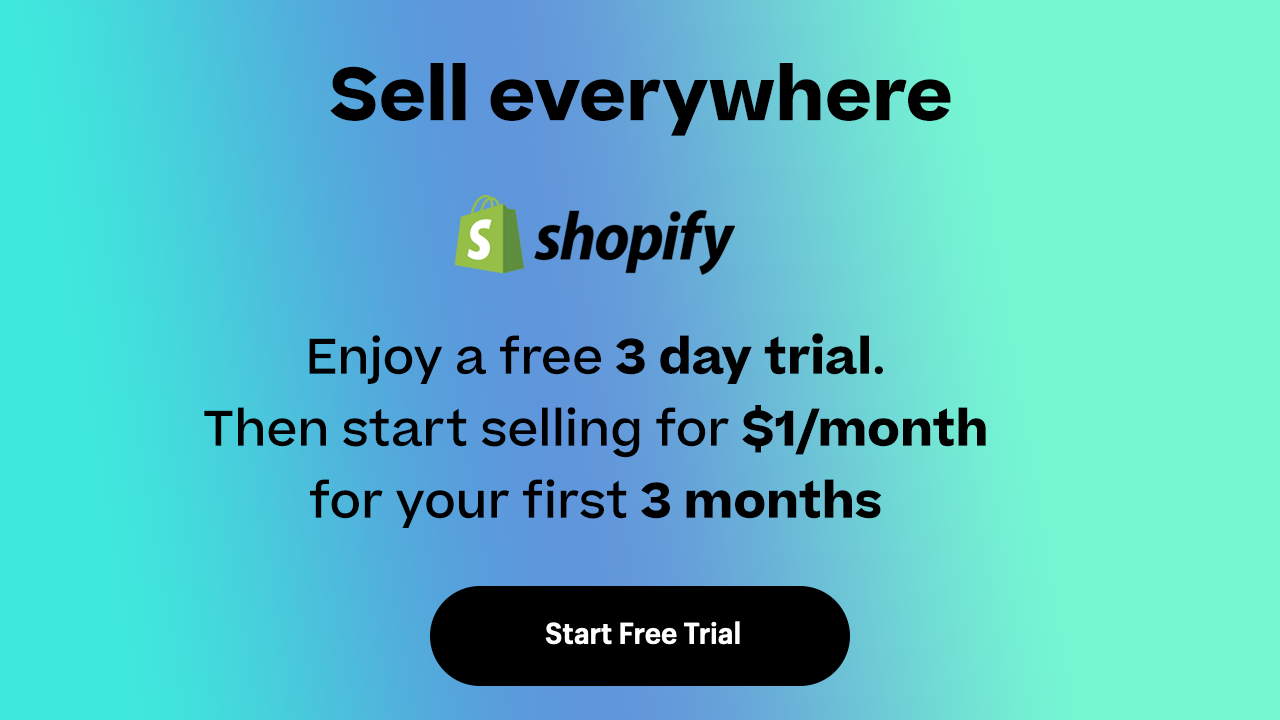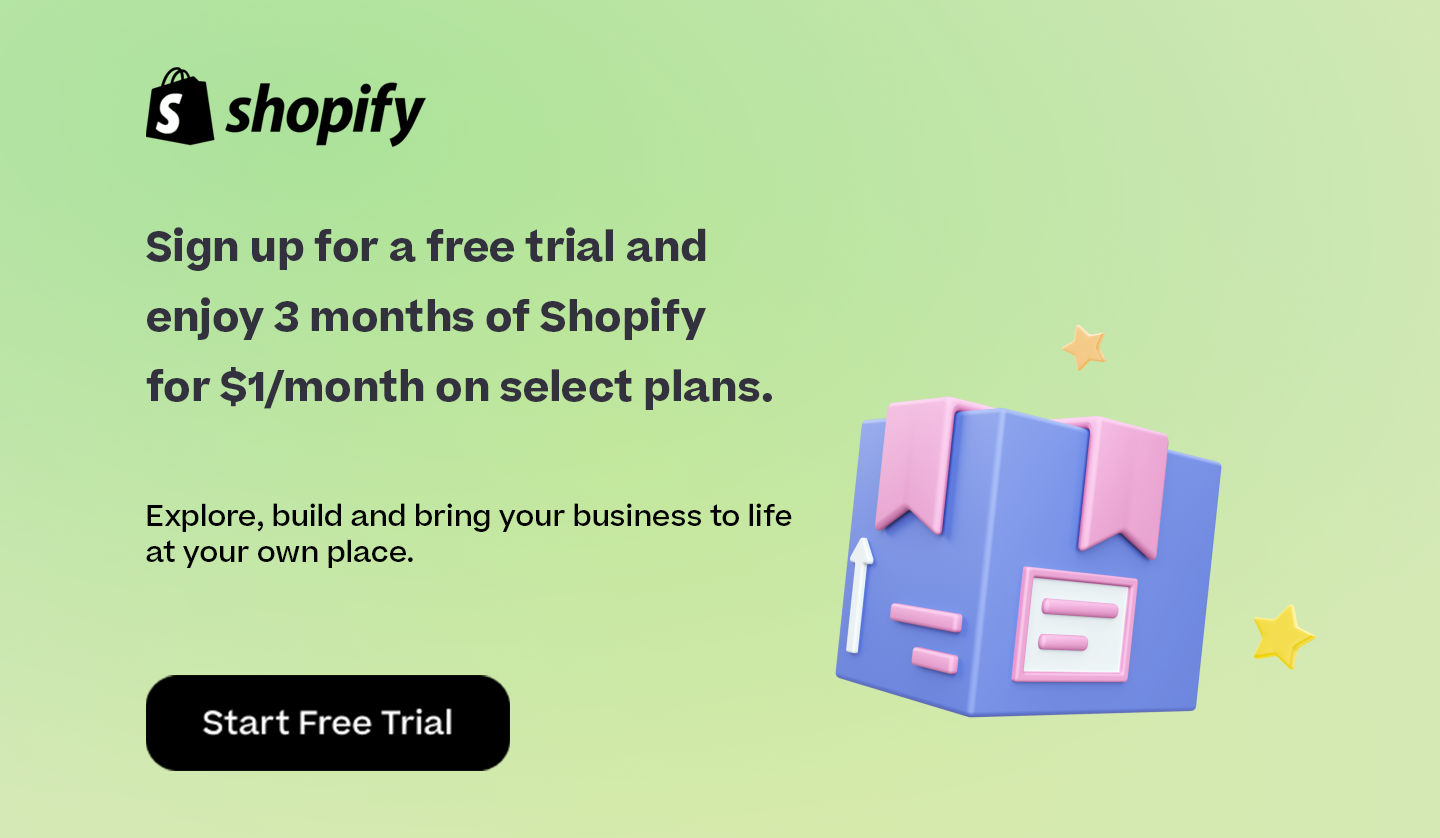The retailing of products through more than one channel. These channels can include physical stores, catalogs, ecommerce stores, and online marketplaces such as eBay and Amazon. The more channels that you retail your product through, the higher your conversion rate will be.
 The best multi-channel retailing will include at least one physical location as well as one online presence, this being known as a click and mortar store. When your product or service is available by both traditional and online methods your conversion rate and your profits will increase. In fact, a 2015 analysis of multi-channel companies found that retailers using two channels averaged twice the sales of those using just one channel. Even those with no physical presence who sold on two online marketplaces averaged 190% more sales revenue than those with a single online presence.
The best multi-channel retailing will include at least one physical location as well as one online presence, this being known as a click and mortar store. When your product or service is available by both traditional and online methods your conversion rate and your profits will increase. In fact, a 2015 analysis of multi-channel companies found that retailers using two channels averaged twice the sales of those using just one channel. Even those with no physical presence who sold on two online marketplaces averaged 190% more sales revenue than those with a single online presence.
Given the increasing cross-channel interaction of consumers, online sales are no longer strictly limited to ecommerce websites. There are channels that used to be considered part of the Awareness stage of the sales funnel that are now being used as sources of revenue themselves. In fact, reaching consumers at every possible channel increases brand awareness and encourages repeat customers.
Three Key Online Ecommerce Channels
We could go on for days about possible channels for ecommerce retailers, but there are three that play the most important role in the online ecommerce space:
- Social Media. Some people build their entire business around social media, taking advantage of the advertising channels provided by the likes of Facebook, Twitter, Instagram and others. Social media platforms have made selling even easier for businesses, by adding a “Buy Now” button so that consumers can place orders right from posts and pictures within the social media site. This has made it incredibly easy and convenient for consumers to buy items without leaving the social media site, even on mobile devices.
- Online Marketplaces. Sure you might have your own ecommerce website, but why not take advantage of the hundreds of millions of customers that frequent the massive online marketplaces offered by eBay, Amazon, Rakuten and others. Rather than looking at these online markets as competition, start looking at them as sources of additional customers and revenue.
- Comparison Shopping Engines (CSEs). If you’re one of the lowest cost competitors for items within your niche, these CSEs can unlock a flood of visitors and conversions.
Three Keys to Successful Multi-channel Retailing
A great sales strategy can be the door to success, but you need to execute to open that door. Create your own doorway to success by using these three strategies:
- Differentiate. In the crowded ecommerce space you need to stand out to become successful. Eye-popping images can help, as will enticing product descriptions. Beyond that you have to hook customers with something special. Free samples, member discounts, and coupons can be one way to do this, even in a crowded space.
- Branding. All your channels, both onsite and offsite, need to have a consistent branding, including graphics and the messages, in order to create brand recognition.
- Streamline. It can be hard enough to manage one ecommerce website, but once you begin to branch out to multi-channel sales it can quickly become a mountain of issues dealing with order processing, sales tracking, and fulfillment, not to mention creating connections with your customers. You’ll need to streamline your operations, and find a way to manage all of your channels, whether that means additional staff, or some type of ecommerce tracking software.






